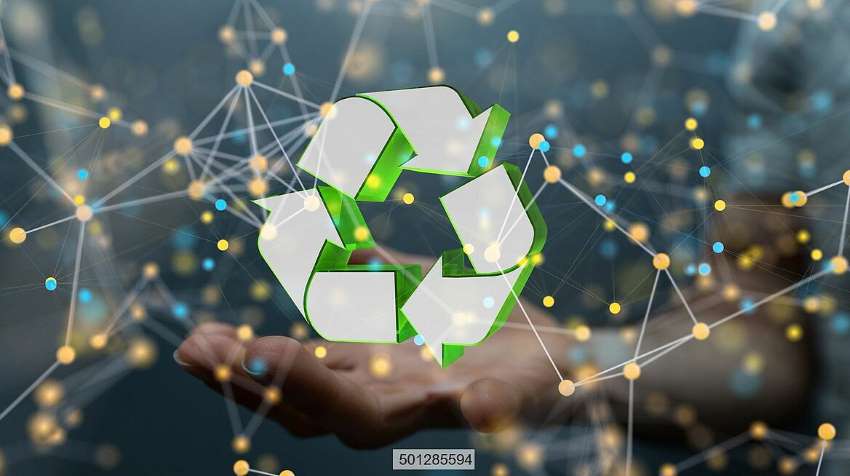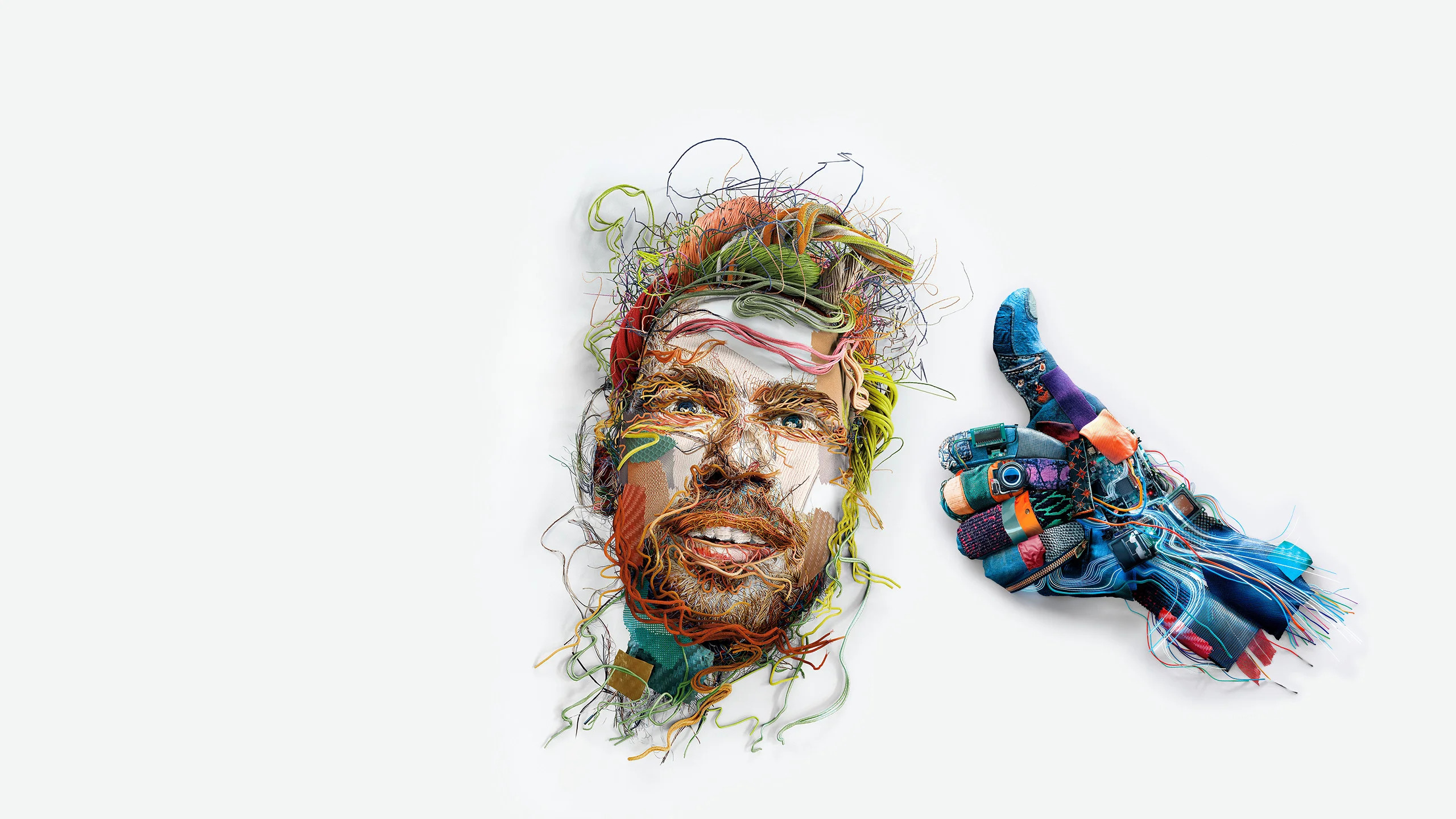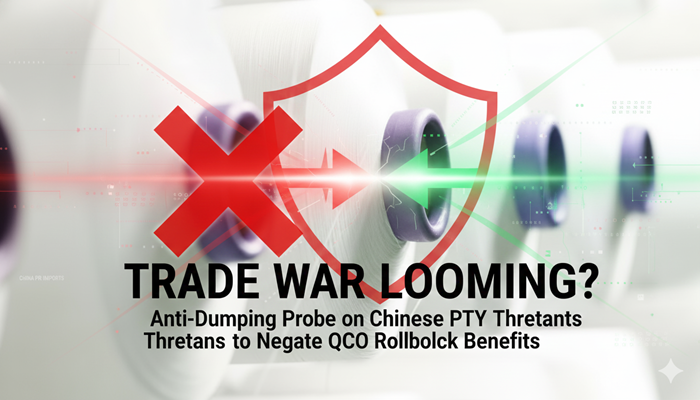
The European Recycling Industries' Confederation (EuRIC) has unveiled a the ‘EU Recyclers' Manifesto’ indicating a determined push to transform the European Union's textile recycling paradigm by the end of the decade. This initiative directly confronts the burgeoning textile waste crisis, advocating for systemic reforms to mitigate its profound environmental repercussions.
The alarming reality of textile waste
The manifesto sheds light on the current state of textile waste within the EU. Each year, EU citizens contribute approximately 16 kg of textile waste, a major figure that underscores the scale of the problem. Alarmingly, only a fraction, roughly 4.4 kg, is separately collected for reuse and recycling, leaving the vast majority to be discarded in landfills or incinerated. This unsustainable practice places immense strain on the environment, as the textile sector is a substantial consumer of vital resources like water, land, and raw materials.
EuRIC's multifaceted Approach
EuRIC's manifesto outlines a comprehensive strategy, advocating for the implementation of policy measures to foster a circular economy. These measures include the establishment of robust Extended Producer Responsibility (EPR) schemes, which would hold producers accountable for the entire lifecycle of their products.
Additionally, the manifesto calls for the introduction of ecodesign requirements to ensure that textiles are designed with durability and recyclability in mind. Digital Product Passports (DPP) are proposed to enhance transparency and empower consumers with greater product information. The establishment of clear EU End-of-Waste criteria is also deemed essential to provide standardized guidelines for recycled materials. Furthermore, the manifesto emphasizes the importance of fair-trade practices, balanced chemicals legislation, and stricter compliance monitoring to combat greenwashing.
Extending lifespans and boosting recycling rates
At the core of EuRIC's vision is a commitment to maximizing the circularity of textiles. This involves extending the lifespan of textile products, significantly increasing the use of recycled textile fibers in new products, and dramatically improving textile recycling rates. Currently, less than 1 per cent of clothing textiles are recycled into new garments, highlighting the urgent need for change.
Obstacles and action plans,
The textile collection and recycling sector faces a multitude of challenges. Rising sorting costs, declining demand for second-hand clothing, a lack of market demand for recycled textile content, and the proliferation of ultra-fast fashion are all contributing to the current crisis. To address these challenges, EuRIC proposes a multi-pronged action plan that includes the implementation of robust policy measures at the EU level, fostering industry innovation and investment in circularity, and enhancing consumer awareness.
However, the manifesto has elicited varied reactions from industry stakeholders. Some, particularly within the recycling sector, have expressed strong support. "The manifesto provides a much-needed framework to address the systemic issues plaguing the textile recycling industry," stated a representative from a leading European recycling firm, as reported by Waste Dive magazine. "The call for EPR schemes and ecodesign requirements is essential to driving meaningful change."
Conversely, some segments of the fast-fashion industry have voiced concerns about the potential impact of stricter regulations on their business models. "While we acknowledge the need for greater sustainability, the proposed measures could significantly increase costs and hinder innovation," argued a spokesperson from a major clothing retailer, as quoted in a report by Reuters. "A more balanced approach is needed to ensure both environmental protection and economic viability."
Experts in sustainable fashion also weighed in. "EuRIC's proposals align with the principles of a circular economy, but the success of these initiatives will depend on effective enforcement and collaboration across the value chain," stated Anna Ferraro, a sustainability researcher at the European Environmental Agency, during an interview with Euractiv. "Consumer education and behavioral change are also crucial components."
Tailoring solutions for national contexts
While the manifesto provides a unified framework for the EU, its implementation will necessitate tailored approaches at the national level. Factors such as existing waste management infrastructure, consumer behavior and awareness, the presence of textile manufacturing and retail industries, and national regulations will all influence the specific actions taken by individual countries.
EuRIC's Call to Action
"By creating an environment where innovation thrives and circularity is rewarded, EuRIC aims to reduce the textile sector's environmental impact, boost textile circularity in Europe, and create new economic opportunities for reuse and recycling operators. Our Textiles Manifesto outlines the steps to achieve this," says Mariska Boer, President of EuRIC's Textiles Branch, emphasizing the organization's commitment to driving meaningful change.
EuRIC's ‘EU Recyclers' Manifesto’ represents a crucial step towards a more sustainable textile industry in Europe. By advocating comprehensive policy measures, fostering industry collaboration, and engaging consumers, the manifesto provides a roadmap for achieving a truly circular textile economy.












